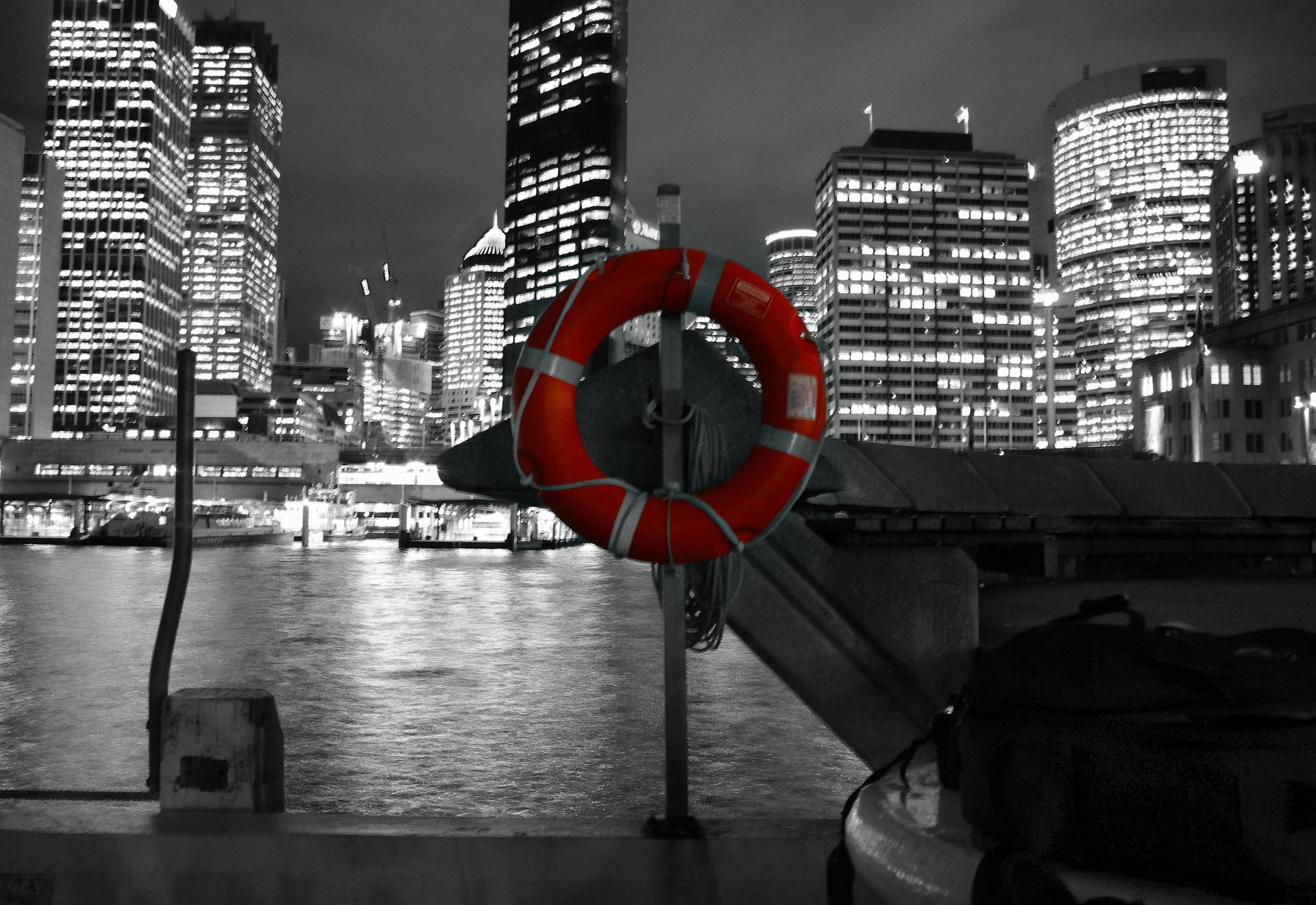
Sometimes life has a way of hitting you in ways you least expect. You might lose a job that you thought was secure, a long term relationship might end, or you might unexpectedly end up in the hospital. Whatever it is, life can change in the blink of an eye, suddenly leaving you more vulnerable than you’ve ever been. Often, when a life event like this happens, your finances take take the biggest hit. Either your income has fallen low enough or your bills are high enough that you just can’t make ends meet. Worse yet, late fees and interest charges start having a ripple effect, sending your finances into a death spiral. When you fall behind in your finances and are drowning in debt, your best option might be to have your debts discharged in bankruptcy.
Bankruptcy is a Lifeline in Dire Situations
Bankruptcy gets a bad rap. There’s a certain amount of stigma associated with bankruptcy. In fact, you may have even balked reading the word, thinking ‘bankruptcy is the one place I’ll never go’. Our pride would rather we drown in debt than take the fresh start that bankruptcy offers.
Despite its stigma, however, having your debts discharged by bankruptcy represents the best of American ideals. Bankruptcy offers a second chance, saving you from a lifetime of paying back and being harassed by debtors. And while it’s not free (you either pay back some of your debt, or your assets are sold off), bankruptcy is a lifeline when life seems utterly hopeless.
Initiating the Bankruptcy Process
Having your debt discharged by bankruptcy is not instantaneous. You can’t just wave a wand or snap your fingers to make your debt disappear. Instead, it’s a process designed to be as fair as possible to all parties involved. The process is also designed to prevent people from abusing bankruptcy.
First off, you need to file for bankruptcy (also known as filing a petition) with your local bankruptcy court. This is the step where you chose whether to file Chapter 7 or Chapter 13 bankruptcy. You likely will hire a lawyer at this step to initiate and help you through the process, and also help you decide which type of bankruptcy to file for. In short, however, Chapter 7 bankruptcy discharges your debts and sells off most of your assets while Chapter 13 leaves your assets alone but arranges for a reasonable repayment plan on your debts, after which any remaining debts are discharged.
When Will Debts Be Discharged?
Of course, as soon as you file for bankruptcy, you can’t wait to have your debts discharged so you can move on with your life. Unfortunately, at the bare minimum, you’ll have to wait several months for the bankruptcy process to ensue.
Chapter 7 bankruptcy is by far the quicker of the two bankruptcies. In Chapter 7, once you file, you mostly sit back and wait. Really, you may never set foot in court under Chapter 7. In the mean time, creditors must provide proof of their claims. A court appointed trustee will also liquidate any non-exempt property and distribute all assets to creditors. Once this is complete, barring any eventualities, you would receive a letter of discharge from the court a few months later. Once you have this discharged, creditors can not pursue or harass you regarding any of the discharged debts.
As opposed to Chapter 7 bankruptcy, Chapter 13 bankruptcy typically takes years instead of months. Chapter 13 bankruptcy is also more complex than Chapter 7. Even filing Chapter 13 bankruptcy requires you to propose a debt repayment plan that falls within certain guidelines. That repayment plan must then be approved by the courts at a confirmation hearing. Once the plan is approved, you must proceed to follow that repayment plan- typically lasting three to five years. Only once this entire process is completed are your remaining eligible debts discharged.
What Debts are Discharged
Not all debt is eligible to be discharged in bankruptcy. Secured debt, such as a mortgage or car loan, for example, can not be erased by either Chapter 7 or Chapter 13 bankruptcy unless you surrender the property tied to the debt (the house or car, respectively). Likewise, alimony or child support payments are immune from bankruptcy. On the flip side, certain debt such as personal loans, medical bills, many lawsuit judgments, and credit card debt is nearly always discharged from bankruptcy, regardless of which type you file.
Certain debt can only be erased by Chapter 13 bankruptcy. While most lawsuit judgments can be discharged under Chapter 7 bankruptcy, if the judgement arose from ‘willful or malicious’ property damage, it can only be erased by Chapter 13 bankruptcy. Also, many debts to the government, including fines and tax obligations can only be discharged in Chapter 13. Keep in mind, however, that these debts are only discharged after making three to five years of payments on them, according to your Chapter 13 repayment plan.
Making an Informed Decision
Ultimately, deciding whether and how to have your debts discharged by bankruptcy is a decision that you should make considering your whole financial picture. Don’t rely on gut instinct- either the stigma of the bankruptcy, or the appeal of having you debt magically disappear. Rather, consider the pros and cons. On the one hand, under bankruptcy, your assets will be distributed to creditors, or you will need to enter into a multi-year repayment plan, not to mention the hit on your credit. On the other hand, bankruptcy does offer you a fresh start, for relatively short term pain.